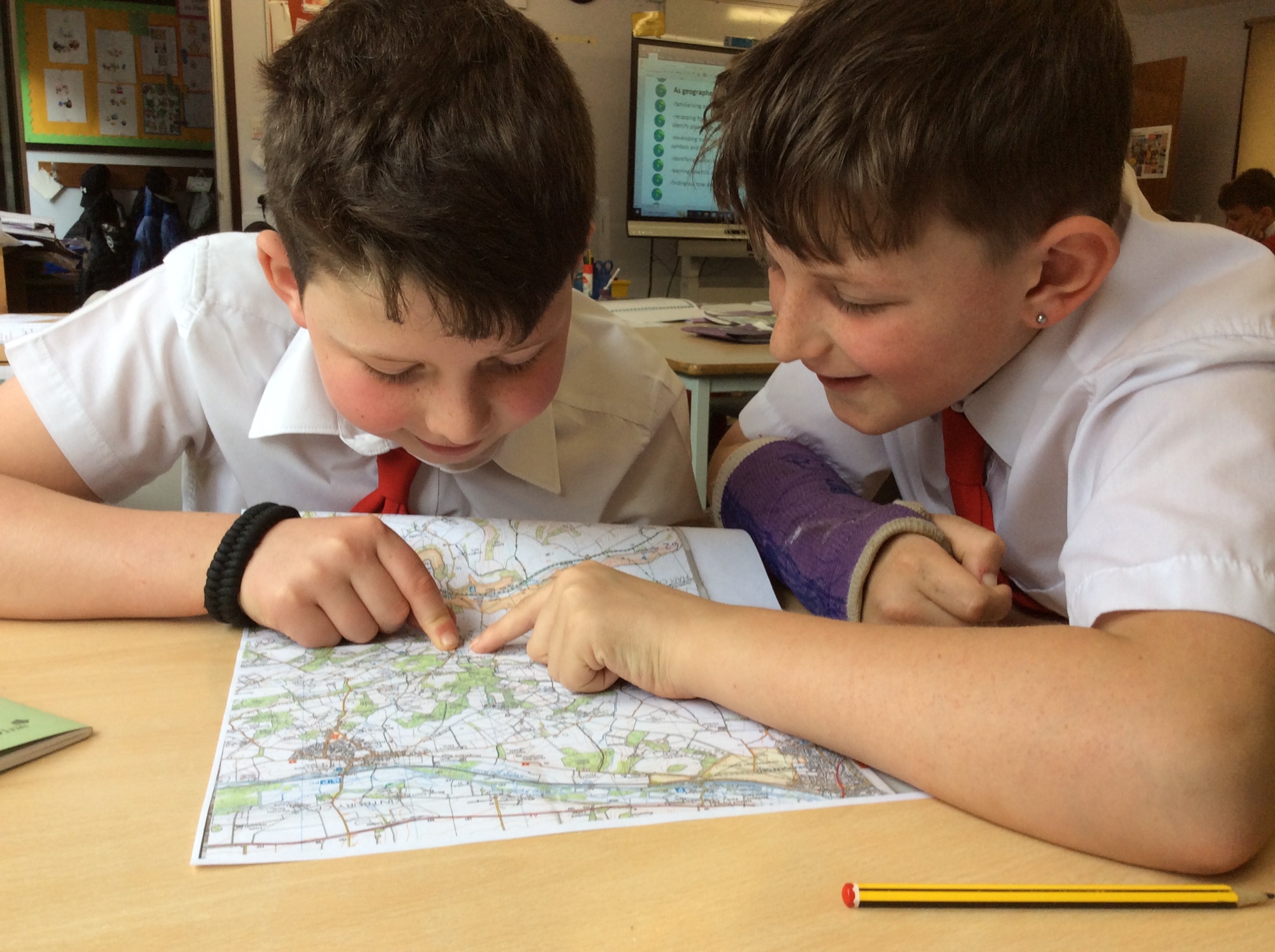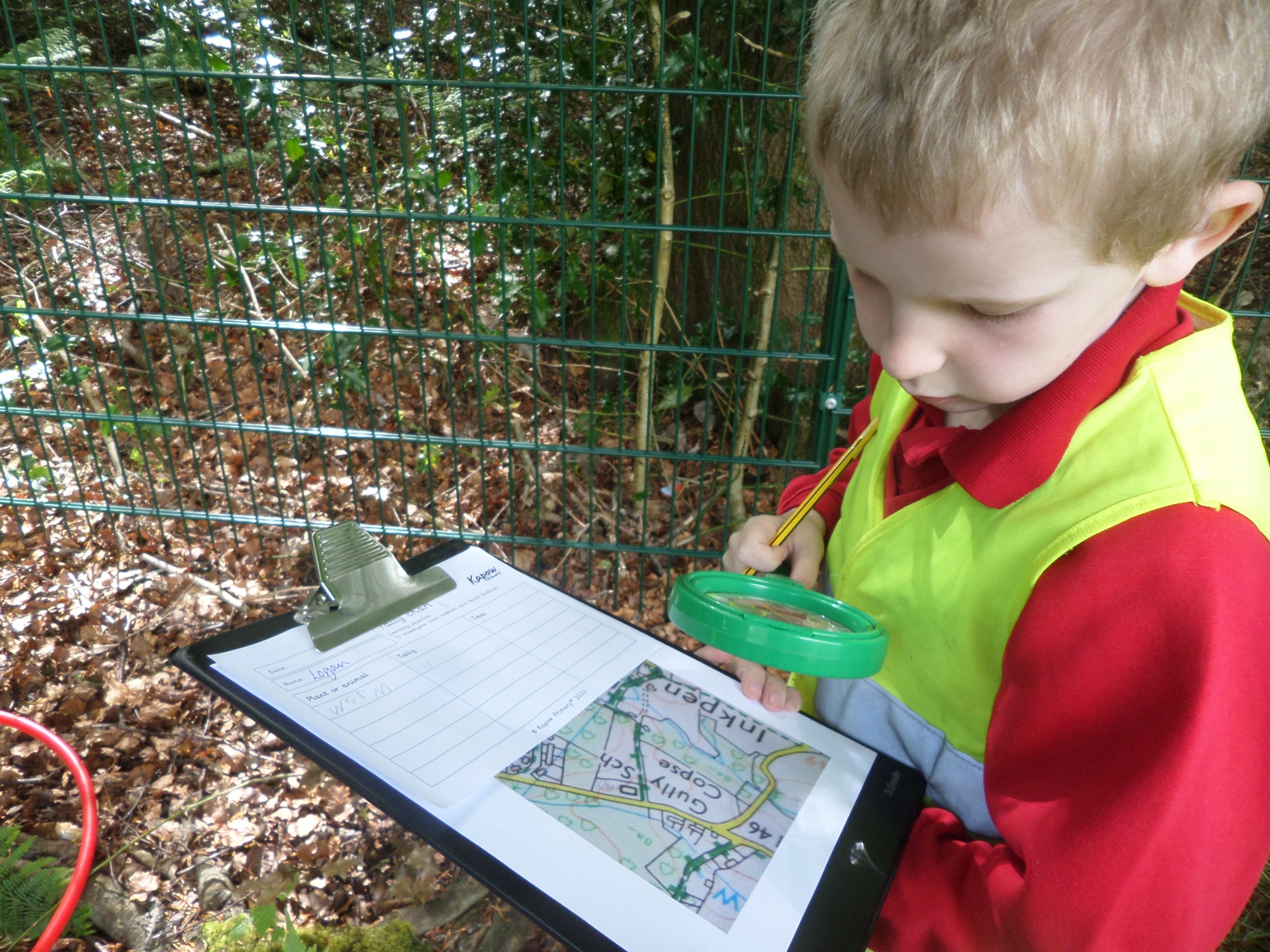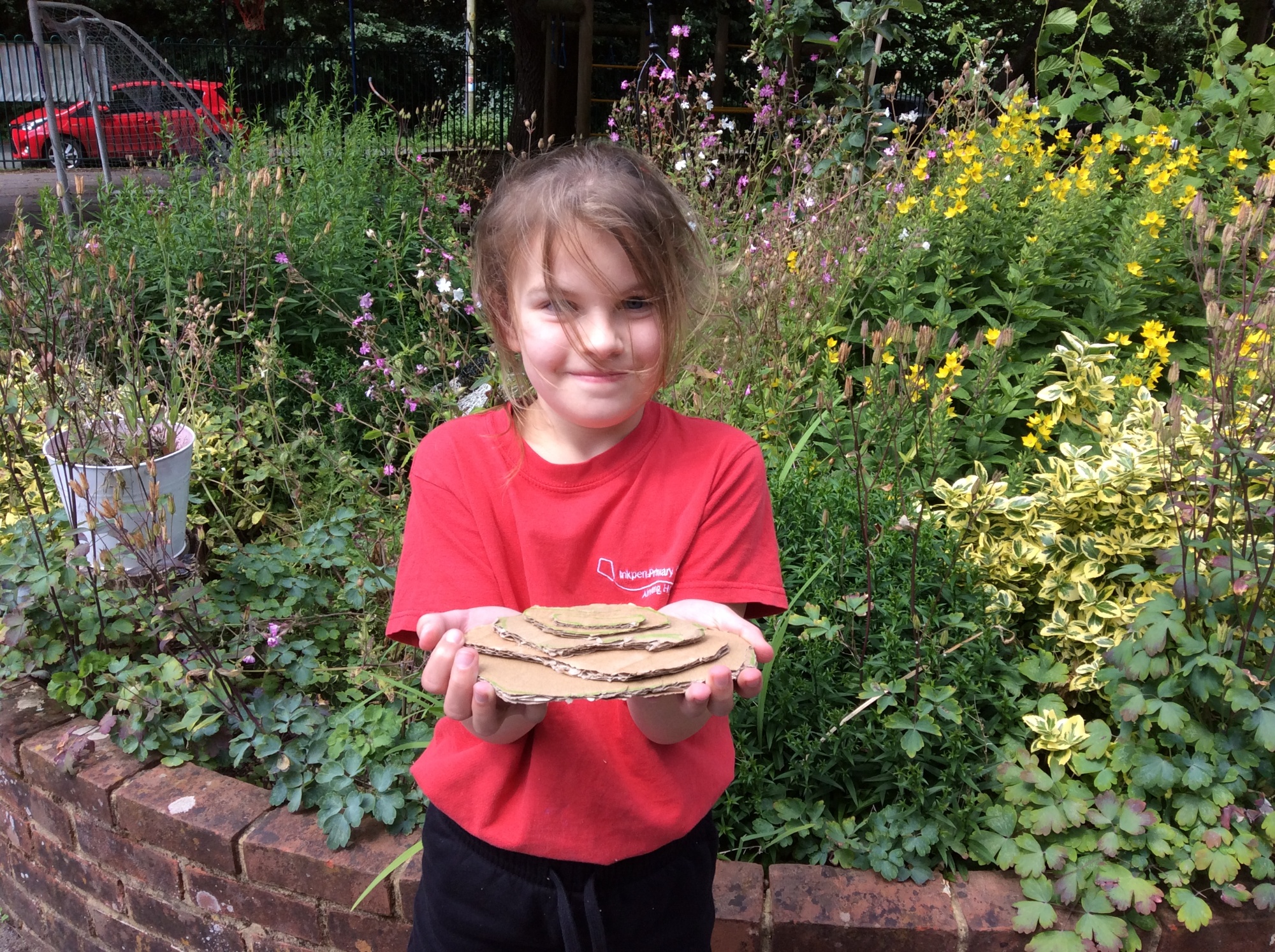Geography
A geographer is an expert in the study of the physical features of the earth and its atmosphere, and of human activity as it affects and is affected by these.
Geography is an essential part of the curriculum. It provides a means for exploring, appreciating and understanding the world in which we live and how it has evolved. Geography explores the relationships between the earth and its people through the study of place, space and environment. It contributes to the cultural, social, spiritual and moral life of children as they acquire knowledge of a range of different cultures and traditions, and learn tolerance and understanding of other people and environments.
Developing geographical skills, including the opportunity to carry out fieldwork, is essential, as children live in a world that is wide open to them. With opportunities to travel and work in different cities and countries across the world, children need to use efficiently maps, charts and other geographical data. The teaching of geography would be difficult without acknowledging the future of our planet. Our teaching stresses the importance of the interactions between humans and the environment and our effect within this. When appropriate, we discuss the importance of looking after our environment and what we can do to protect it.
We build and develop the following essential skills required for children to become geographers:
- Spatial reasoning – to be able to make and manipulate maps, understand land use and population patterns and justify the human and physical effects on an area.
- Curiosity – to have endless fascination about the world and different trends within geography, such as population, migration and environmental changes and asking questions to further knowledge.
- Communication skills – to be able to communicate honestly about the effects people have on the world they live in and to be able to hold honest conversations about their thoughts and feelings on a variety of human and physical geographical elements.
- Thinking skills – to be able to form theories from their own knowledge and develop these ideas with logic, judgement and reasoning
Within the teaching of geography, we aim to:
- Equip children with the necessary skills and confidence to be the best geographer they can be
- Stimulate children’s interest and curiosity about their surroundings and develop a knowledge and understanding of the physical and human processes which shape places
- Increase children’s knowledge of other cultures and, in doing so, teach a respect and understanding of what it means to be a positive citizen in a multi-cultural society
- Provide learning opportunities that enthuse, engage and motivate children to learn and foster a sense of curiosity and wonder at the beauty of the world around them
- Allow children to understand the difference they and others make on the world and environment and understand what they can do to help
- Develop geographical skills, including how to use, draw and interpret maps of different scales and the vocabulary necessary to carry effective geographical enquiry
- Enable children t work geographically in a range of appropriate contexts, using a variety of materials and equipment, including other people’s experiences and knowledge
- Provide opportunities for practical fieldwork and observation of physical and human processes through workshops, school trips and explorative lessons
- Promote SMSC and British values within the teaching of geography
- Design teaching that addresses a different culture to our own and looks into human effects on the environment
Through geography, the children learn a range of skills, concepts, attitudes and methods of working. We use a variety of teaching and learning styles within geography lessons with a focus being to develop the children’s knowledge, skills and understanding. This may be done through whole-class teaching, enquiry based research activities or practical fieldwork. We encourage children to ask and answer geographical questions and value their ideas and curiosity about the world we live in, locally and globally. IT will be used, when appropriate, to enhance, display and develop learning further.
The children undertake a broad, balanced programme that takes account of abilities, aptitudes, physical, emotional and intellectual development. We understand that within all classes, children have a wide range of geographical ability, and we ensure that we provide suitable learning opportunities for all children by matching the challenge of the task to the ability of the child.
We achieve this in a variety of ways:
- Setting tasks which are open-ended and can have a variety of responses
- Setting tasks of increasing difficulty using extension or higher order thinking questions
- Providing resources of different complexity, matched to the ability of the child
- Teaching children in mixed ability groups
- Making links across subjects
At Inkpen, we teach our Geography curriculum using materials from KAPOW. Lessons are adapted to cover an objective at least once within each key stage that suits the needs of the class. Unit plans are in a pro forma that suits the needs of the class teacher but will clearly outline:
- Learning objectives with clear progression through the unit
- Key questions or ideas to investigate places, patterns or to enable children to communicate geographically
- Key vocabulary to be taught across the unit
- Fieldwork or practical opportunities and resources
- IT and/or Cross-curricular links wherever possible
To ensure progression within geography, teachers use the progression document provided to show the skills, topics and keywords to ensure children are progressing appropriately. This tool allows teachers to assess children’s geographical abilities and plan future lessons.
The recording of work across the school will vary depending on the age group and topics being explored. Evidence may be in the form of:
- A range of written tasks including cross-curricular writing
- Photos of practical work
- Examples of fieldwork
- Displays



